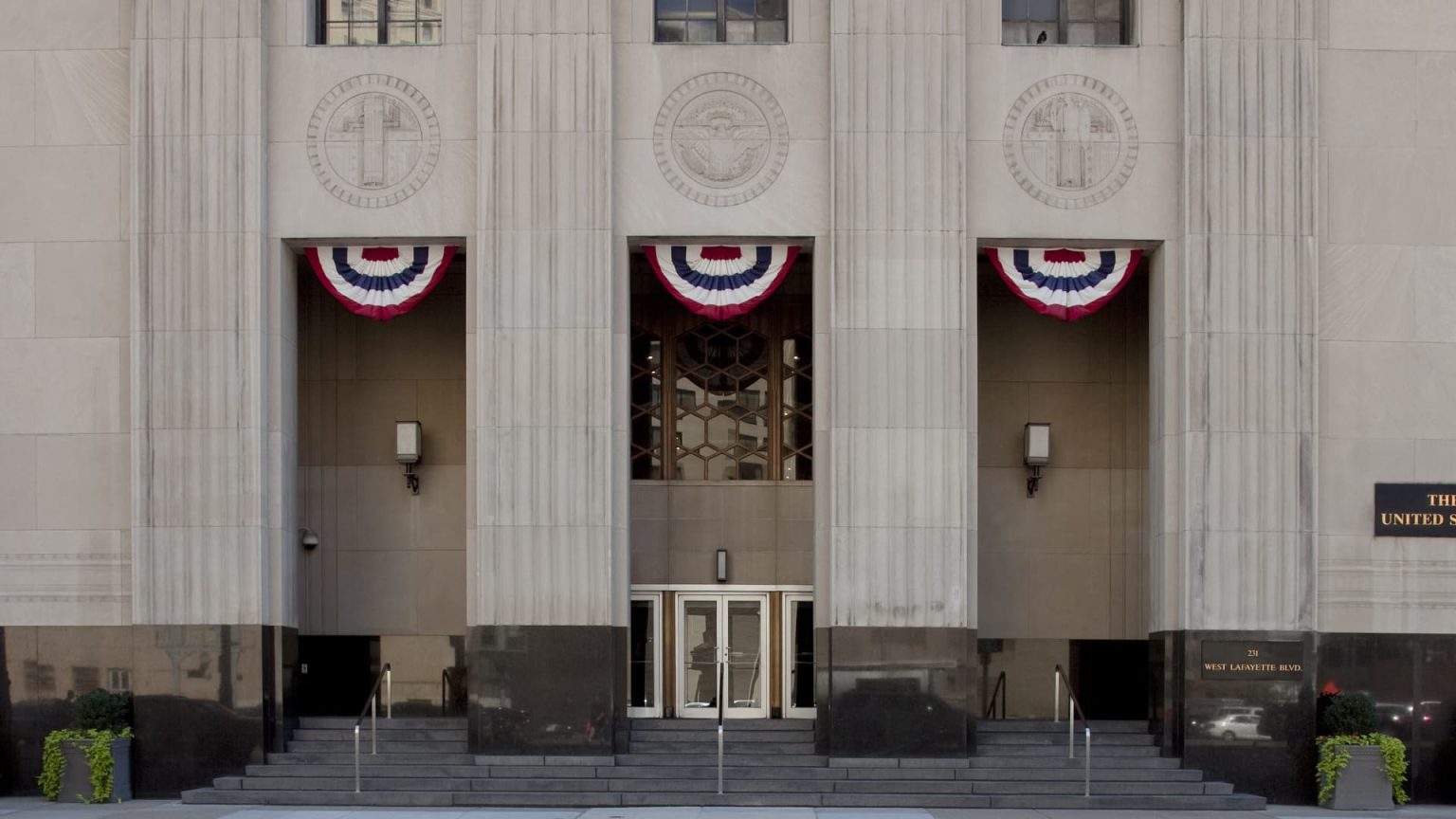Federal authorities have charged a Chinese researcher and her boyfriend with smuggling a dangerous biological pathogen into the United States. Together, Yunqing Jian, a postdoctoral fellow at the University of Michigan, and her boyfriend Zunyong Liu face multiple allegations, including conspiracy and making false statements to investigators. The pathogen in question, identified as Fusarium graminearum, is known for its potential to inflict significant harm on crops and livestock, prompting serious national security concerns.
| Article Subheadings |
|---|
| 1) The Charges Unveiled |
| 2) Discovery of the Pathogen |
| 3) Their Background and Research |
| 4) Investigative Breakthroughs |
| 5) Responses from Authorities |
The Charges Unveiled
Yunqing Jian, aged 33, and Zunyong Liu, aged 34, stand accused of conspiring to defraud the United States and smuggling prohibited biological materials into the country. Federal authorities revealed the charges through documents that were unsealed on a Tuesday. Jian, currently a postdoctoral fellow at the University of Michigan, was arrested alongside Liu, leading to a barrage of legal complications, including allegations of making false statements.
The complaint highlights the gravity of the situation, pointing to the pathogen’s serious implications on agriculture and food safety. The U.S. government considers attracting harmful biological agents as a critical violation of national security protocols, making these charges particularly severe.
Discovery of the Pathogen
The apprehension unfolded during Liu’s attempts to enter the U.S. through Detroit Metropolitan Airport in July. According to the complaint, border officers conducted a standard check of Liu’s belongings and discovered samples of the fungus Fusarium graminearum concealed within his backpack. Specifically, the pathogen was found in four plastic baggies embedded inside a wad of tissues, illustrating an intent to conceal the material.
Liu’s initial response to authorities was one of denial, claiming ignorance about the existence of the samples in his luggage. However, this assertion soon morphed into an admission of willful deception aimed at bypassing strict import restrictions on such biological materials. The samples could potentially cause significant crop damage if introduced into the U.S. agricultural ecosystem.
Their Background and Research
Both Jian and Liu hail from China, where they first encountered the harmful pathogen while pursuing their academic interests in plant sciences. Jian has been employed at the University of Michigan’s Molecular Plant-Microbe Interaction Laboratory since early 2023. The couple was involved in researching the pathogen back in their home country and had intentions to continue this work in their new environment in the U.S.
Despite Jian’s attempts to distance herself from the smuggling operation, her knowledge of Liu’s intentions has come under scrutiny. The clandestine nature of their communications suggests a coordinated effort to infiltrate U.S. research facilities with potentially damaging biological agents, raising significant alarm among officials and agricultural expert circles.
Investigative Breakthroughs
The investigation was spearheaded by the FBI’s Counterintelligence Division, which uncovered electronic communications between the couple that date back to 2022. Messages revealed discussions regarding smuggling seeds into the United States, posing further questions about their intentions and potential end goals.
An excerpt from these communications includes Liu stating, “I put them in my Martin boots,” suggesting premeditation in hiding the illegal samples. Jian’s response was equally telling, advising Liu to conceal the materials inside his shoes. This evidence underscores a systematic approach to circumvent laws designed to protect public health and agricultural safety.
Responses from Authorities
U.S. Attorney Jerome Gorgon expressed profound concern over the charges, specifically citing the potential risk to national security posed by the activities of Jian and Liu, both identified as “loyal members of the Chinese Communist Party.” Such affiliations heighten the already severe landscape of biological security, where mishandling can have far-reaching implications.
In a formal statement, the University of Michigan condemned the actions attributed to Jian and Liu, emphasizing its commitment to national security and cooperation with federal investigations. The university noted that it had received no funding from the Chinese government related to the research in question, seeking to distance itself from the allegations and reinforce its ethical standing as a leading educational institution.
| No. | Key Points |
|---|---|
| 1 | Yunqing Jian and Zunyong Liu face serious charges related to smuggling a dangerous biopathogen. |
| 2 | The pathogen, Fusarium graminearum, could have devastating effects on crops and livestock. |
| 3 | The investigation followed Liu’s discovery at Detroit Metropolitan Airport. |
| 4 | Electronic communications revealed prior discussions of smuggling seeds. |
| 5 | University of Michigan condemned the actions and confirmed no external funding from China for related research. |
Summary
The charges against Yunqing Jian and Zunyong Liu illuminate grave concerns regarding national security associated with biological research. Their alleged actions raise questions about the protocols in place surrounding the importation of biological materials and the potential implications for the agricultural sector in the United States. With ongoing investigations and further legal proceedings anticipated, the case emphasizes the necessity for rigorous safeguarding measures to prevent any further threats arising from foreign influences in scientific research.
Frequently Asked Questions
Question: What is Fusarium graminearum?
Fusarium graminearum is a type of fungus that causes serious diseases in crops like wheat and corn, resulting in significant economic losses and health risks.
Question: What legal charges do Jian and Liu face?
They face multiple charges, including conspiracy to defraud the United States, smuggling goods, and making false statements to investigators.
Question: How might this affect the University of Michigan?
The incident has prompted the University of Michigan to reaffirm its commitment to ethics and national security, emphasizing that it does not condone actions that compromise these values.


